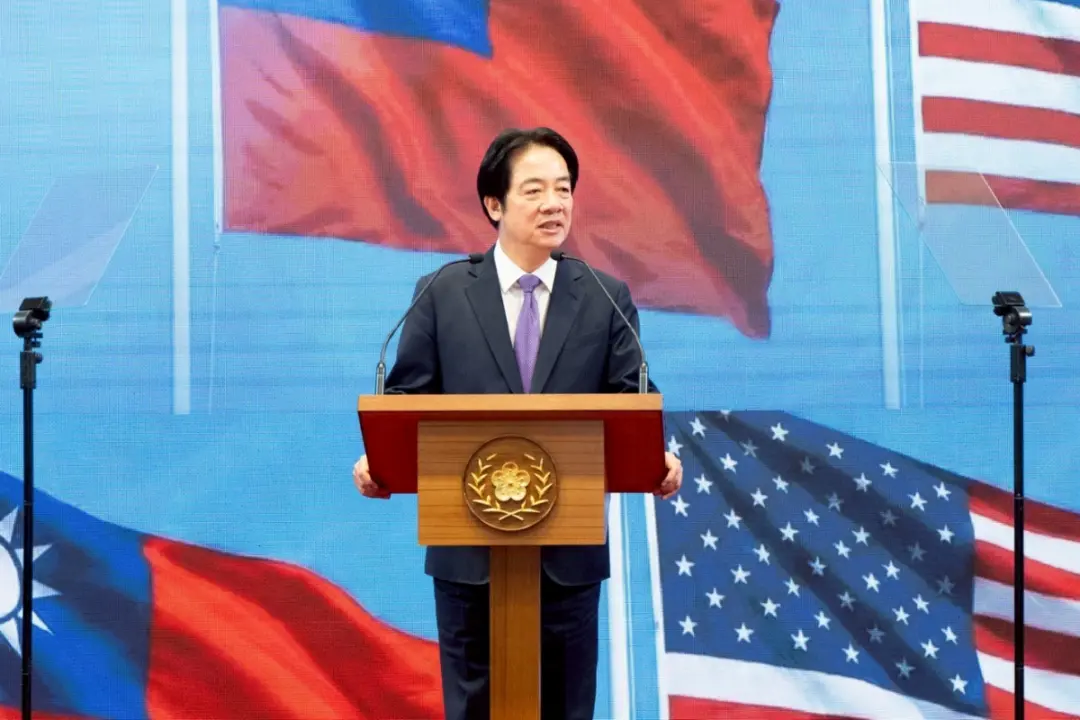The government has announced details of its new plans for workers’ rights, including an end to zero-hour contracts and fire and rehire practices, as well as changes to the terms for sick pay and flexible working.
“Unscrupulous” fire and rehire practices will be ended, with the government saying it was “shutting down the loopholes that allow bullying fire and rehire and fire and replace to continue.”
Flexible Working the ‘Default’
Access to statutory sick pay will become universal, with it being available from the first day of absence rather than the fourth, with the lower-earnings limit being removed so that it will be available to all employees.The bill also introduces entitlement to paternity leave and unpaid parental leave from day-one, as well as statutory entitlement to bereavement leave.
Gender Pay Gap
Large employers will also be required by law to create action plans to address “gender pay gaps,” as well as supporting employees through their menopause. There will also be more protections against dismissing pregnant women and mothers.The government said that it will form a new Fair Work Agency, which will bring together the various bodies and agencies that enforce employment rights such as holiday pay.
Deputy Prime Minister Angela Rayner said that the current employment laws are out of date and are “failing business and workers alike.”
Rayner said, “Our plans to make work pay will deliver security in work as the foundation for boosting productivity and growing our economy to make working people better off and realise our potential.”
Pay Discrimination
Of the 28 separate changes in the bill, most are not expected to be implemented before the autumn of 2026.Other measures which the Labour Party had campaigned on during the election but which are not included in this bill will become part of the government’s “Next Steps” document for future discussion and consultation.
These measures will include the much-publicised right to switch off, with is aimed at stopping bosses from contacting staff outside of work hours, except in exceptional circumstances.
Scrapping ‘Anti-Union’ Law
The government has also introduced a number of pro-union policies, including scrapping the previous government’s “anti-Union” Minimum Service Levels (Strikes) Act, which was passed by the Conservatives to allow minimum levels of service during strikes in key sectors like health care and transport.Unions have welcomed the measures, with TUC general secretary Paul Nowak saying, “While there is still detail to be worked through, this Bill signals a seismic shift away from the Tories’ low pay, low rights, low productivity economy.”
However, the Federation of Small Businesses criticised the plans, saying, “This legislation is a rushed job, clumsy, chaotic and poorly planned–dropping 28 new measures onto small business employers all at once leaves them scrambling to make sense of it all.”







